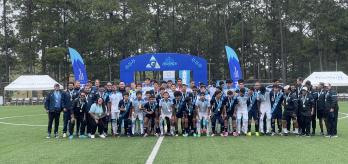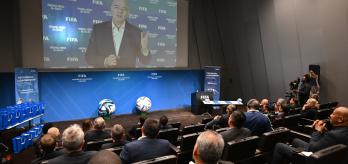This initiative successfully impacted nearly 80 coach educators, with 20 female coach educators participating in the previous cohort, showcasing a commitment to inclusivity and diversity within the field.
Notably, this edition was the first to be delivered in French, reflecting Canada’s rich bilingual culture and ensuring that local contexts were respected. The recent cohort consisted of 20 participants, including 16 coach educators and 4 coach developers, highlighting the active participation and engagement of local coach developers.
Branimir Ujevic, FIFA Head of Coaching Development, stated, “FIFA’s goal is to enable every member association to develop home-grown coach educators,” underscoring the organization’s commitment to empowering local coaching talent.
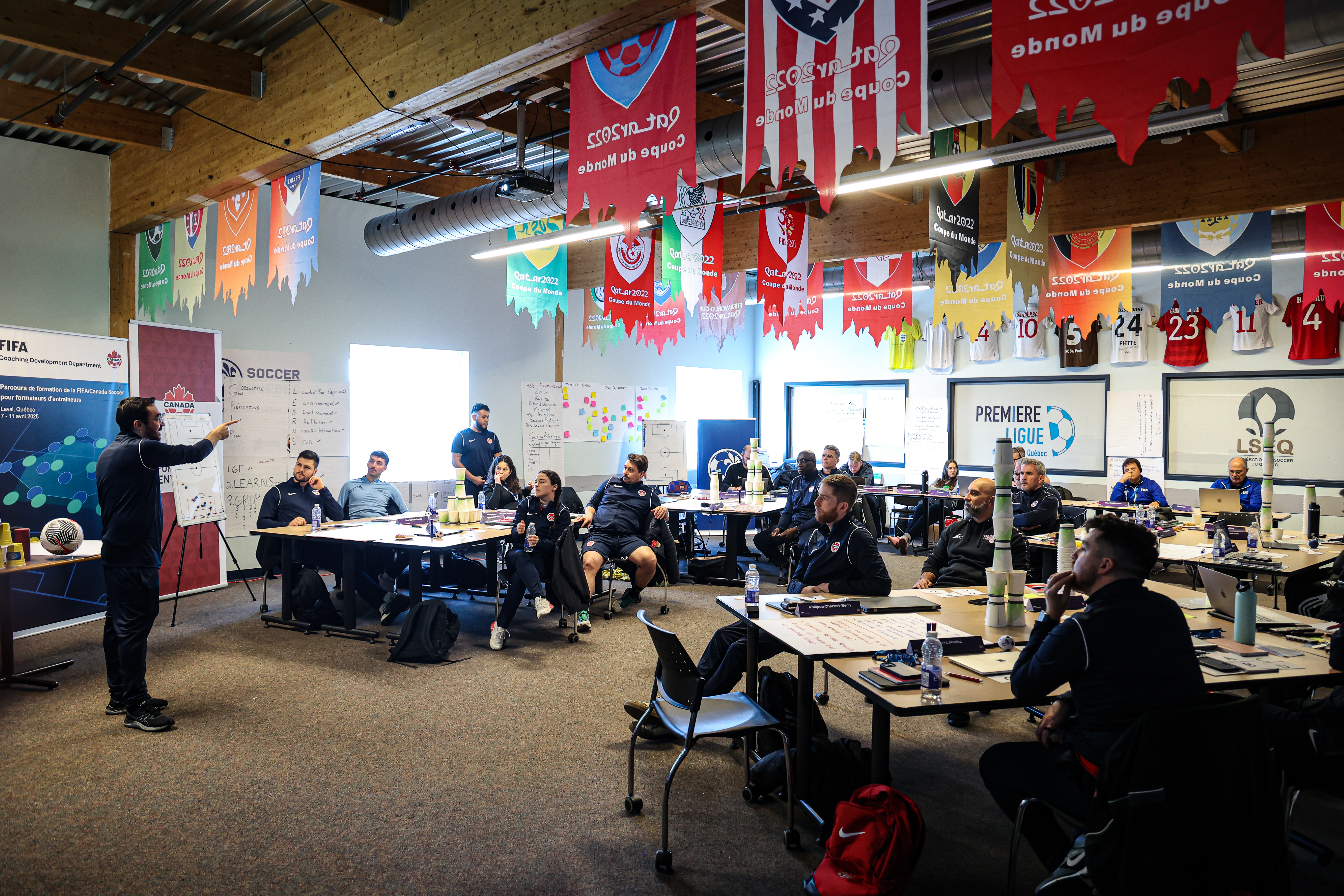
Montserrat Flores, Head of Coach Education at Soccer Quebec and a leading female figure in the programme, expressed her pride: “We had the privilege of experiencing an exceptional week, rich in learning opportunities, within a professional and high-performance environment. As the Head of Coach Education at Soccer Québec, I am deeply proud to have supported the development of 16 coach developers from across the province, along with 4 master coach developers. This initiative represents a significant milestone in our collective commitment to raising the standards of coach education in the years to come. Together, we are shaping the future of soccer development and coach education.”
John Limniatis, a former National Team Player, emphasized the importance of inspiration in coaching: “Coaching players and coaching coaches must always be full of inspiration. An environment with constant exchange of knowledge, information, suggestions, opinions, and experiences is essential. Collaborating and reflecting is a must to maximize the development of everyone involved. A fantastic environment was set throughout the course, and I very much enjoyed being a part of it—thank you!”
The onsite FIFA/Canada Soccer course for coach educators provided a pedagogical environment rooted in adult learning principles, facilitating the transition from theory to practice. Participants engaged in applying new concepts, reflecting on their methods, and receiving valuable feedback from their peers.
Upon completion of the course, coach educators are encouraged to continue their development through individual mentorship within their respective work environments.
This comprehensive course successfully elevated the standards of coach education, paving the way for future advancements in soccer development across Canada.
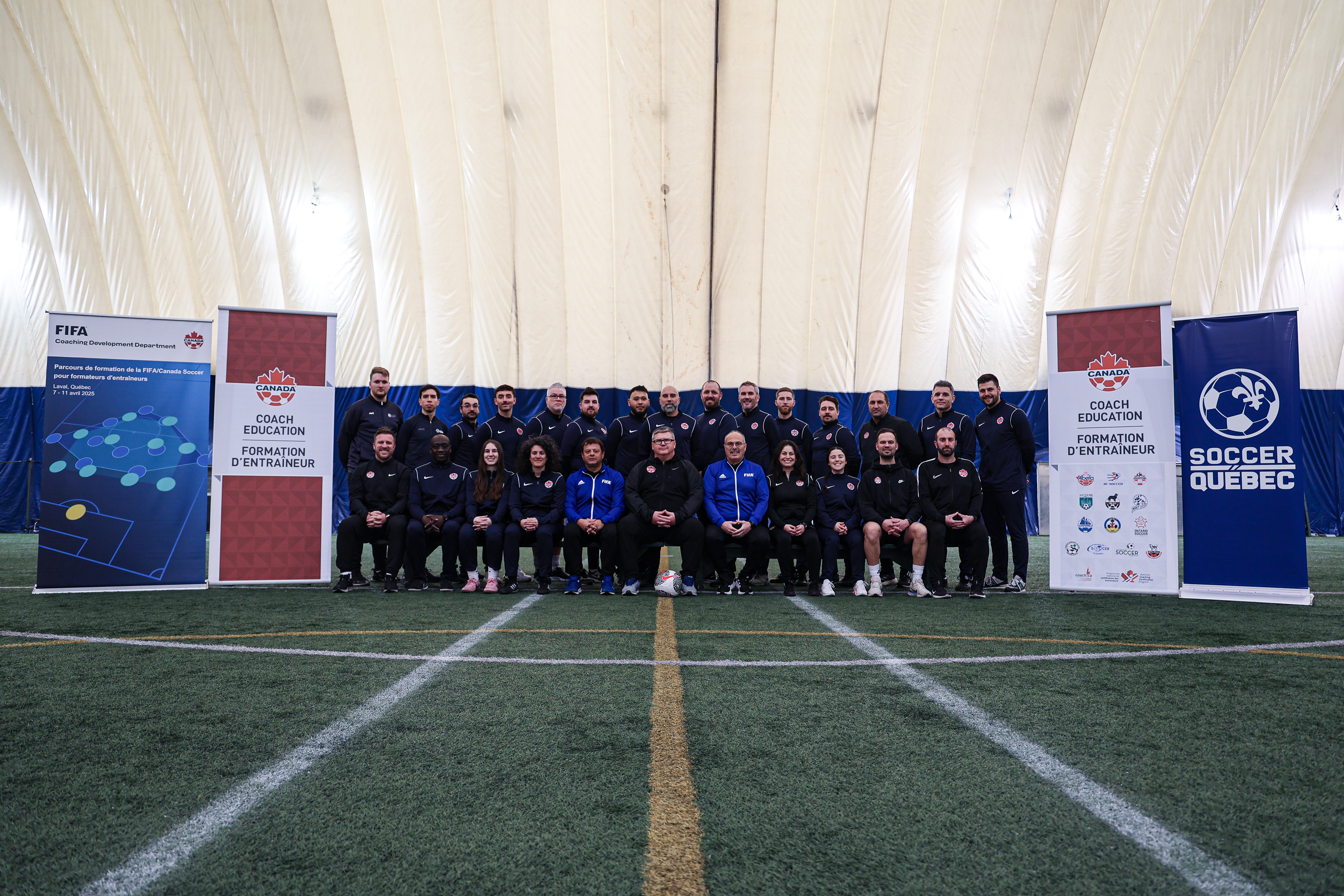





.variant64x64.JPG)




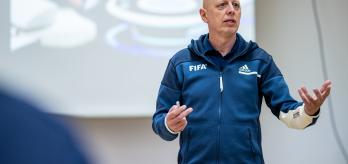



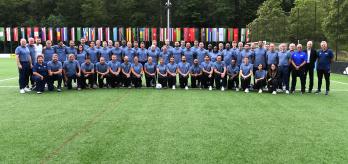
.variant348x164.JPG)


